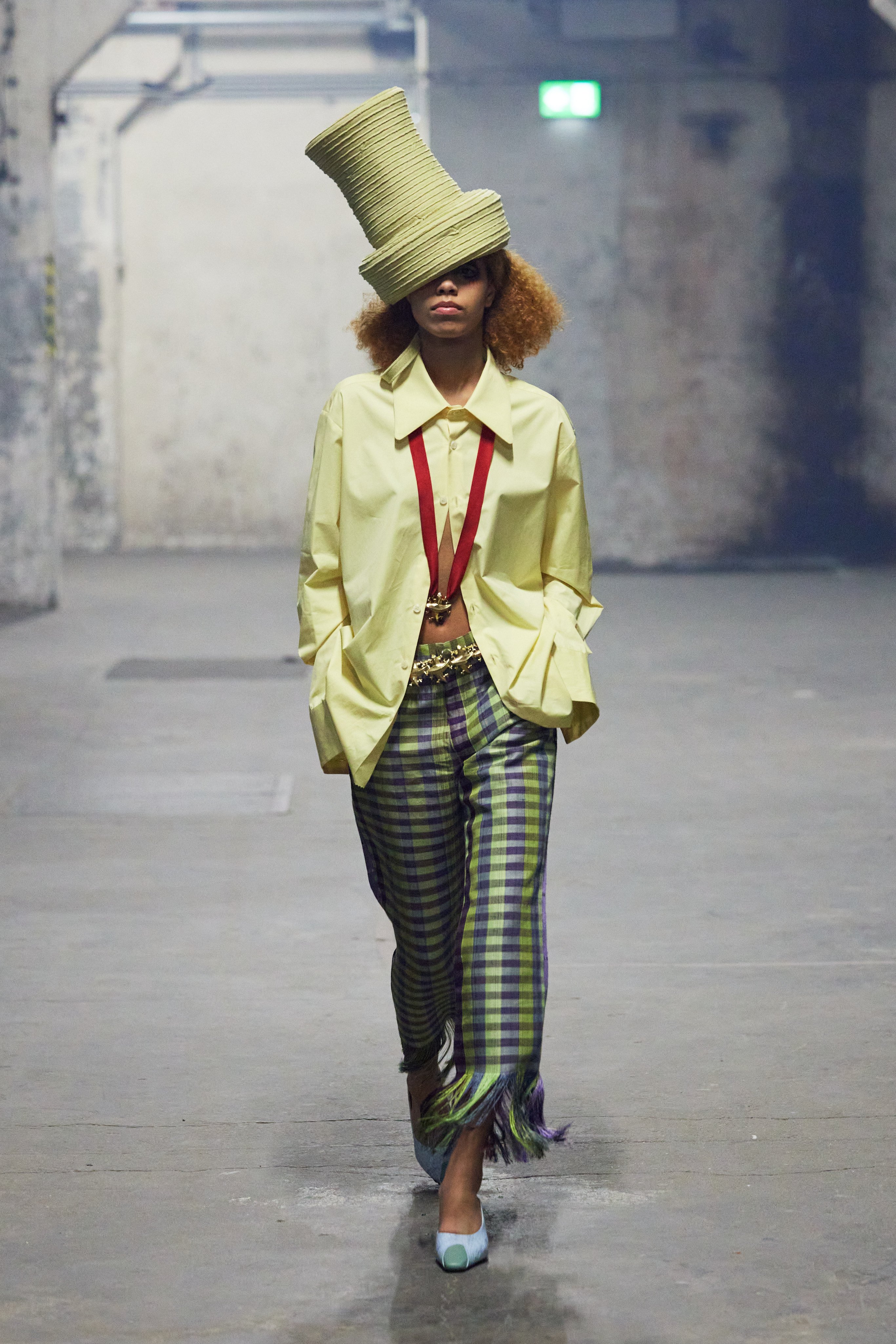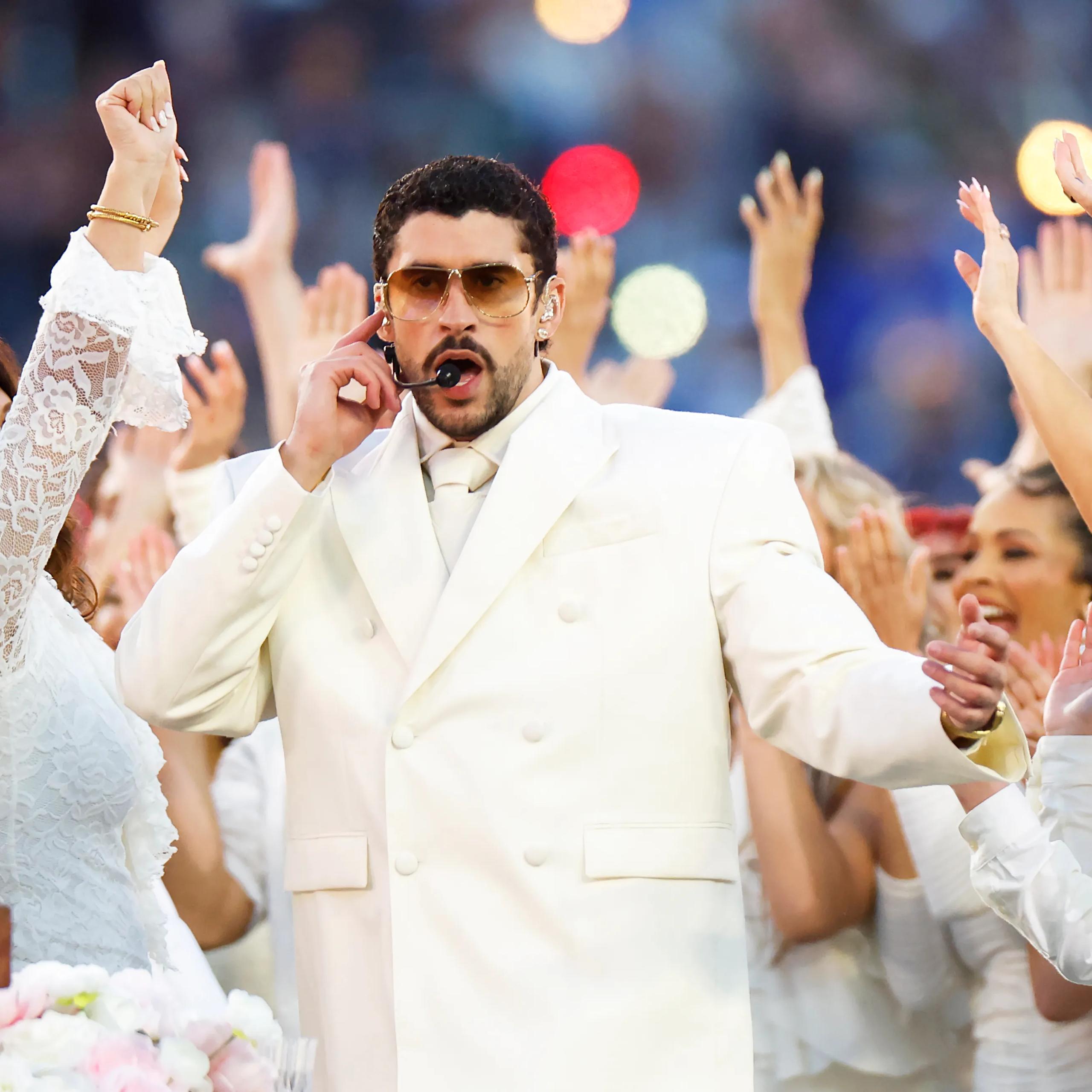French artists Dadju and Tayc recently dropped a joint project, Héritage, poised to get the attention of both the Francophone and Anglophone markets. This project is composed of various genres, from RnB, Hip Hop, Caribbean influence, and French Afropop, to Congolese Rumba and Ndombolo.

Though primarily in French, this album also incorporated English and Lingala lyrics creating an inclusive listening experience. Tayc and Dadju have embarked on this path of infusing more English lyrics within their most recent projects—a move made to attract the Anglophone market.
The release of this joint project was preceded by a short film on YouTube called, Dadju & Tayc - Héritage: Acte II - Le Film. This film starred both artists as the leading characters and touched on the lengths we are willing to go to avenge acts of betrayal committed against those we love the most. From topics of loss, familial obligations, yearning for love, and validation from those closest to us, Dadju and Tayc conveyed emotions that many find themselves facing within their familial relationships. Although the film is in French, it does include English subtitles making it easier for most to understand.
Using a short film as a teaser to the project was a smart move, as it allowed for the non-french speaking fans to engage the album with a prerequisite knowledge base of the themes and topics of the overall songs.
The teaser campaign did not solely take place on YouTube or video format, both artists engaged in an aggressive social media campaign that included ubiquitous posts hinting at some form of joint project. The posts were not pictures or videos of the two in the studio, but rather very coded graphics and captions that brought a sense of confusion and mystery to what these two artists might be up to. This approach earned them a lot of buzz as it kept fans guessing and hoping for an actual project from Dadju & Tayc.

The short film and social media teaser campaign was followed by releasing two tracks, “Makila: Wablé'' and “I love You.” These two tracks were a success with the second one having already earned 31 million streams on Spotify. “I love You” was also co-written by GIMS, Dadju’s older brother and one of the biggest Congolese-French rappers. You can also hear GIMS’ powerful vocals towards the tail end of the song. This track gained immense popularity on TikTok and currently has 1.8 million TikTok videos that have been made using the sound.
Their media campaign also included a joint performance at AFCON’s opening ceremony, appearances on France’s Quotidien Weekend show, Mouv’s Studio 41 show with Elena and Ismaël, Fun Radio, including a performance on the popular DVM show with the French Minister of Culture, Rachida Dati, being present.
The joint project was released on February 16 and incorporated 17 tracks which is not a shocker as Francophone projects tend to be longer than their Anglophone counterparts.
Upon the release of this album, the pair held a three-day concert at L’Accor Arena in Paris, which has a capacity of 20,000 people. The first three-days sold out, prompting them to add three more dates at the Arena. This show was a way to introduce the project to their fan base, who are primarily Francophone speakers. Paris is their home base, a market where they can easily pack 20k fans for an album that was just released a few days prior.

Young fans are willing to spend a lot of money to gain experiences, they want to feel like they are a part of shaping the creative arc of an artist.
Today’s music listeners don’t want to be mere spectators.
They are also chasing exclusive or “first” moments with artists. Getting the chance to be among the first fans who see an artist perform their new album live is a worthwhile premium expense. The sooner that “listening party” experience takes place, post-album-release, the better. In this instance, Dadju & Tayc held a concert within the same week of their album being released. They already had momentum heading into the album release. So they capitalized on the hunger that fans had and allowed them to engage with the project in a space poised for shareable and memorable moments.
The main two producers on this project are Nyadjiko and BlackDoe. They have both been longtime producers for Tayc, with Nyadjiko behind some of Tayc’s biggest hits like “N’y Pense Plus” (163M streams on Spotify) and “Le Temps” (127M streams on Spotify), while BlackDoe has been behind tracks like “DODO” (111M streams on Spotify), and “Room 69.” Nyadjiko brings a West African background flavored with RnB & Hip Hop sounds, while BlackDoe brings forth a Caribbean and Hip-Hop orientation to this project.
Nyadjiko has also produced for Dadju in the past, producing tracks like “Ma Vie” and “Poison Ou Antidote.”
Another producer who was a part of this project is SeySey, he has collaborated with Dadju in the past. SeySey produced “Reine'' (141M streams on Spotify), arguably one of Dadju’s biggest records to date.

Being that the two main producers have long worked with Tayc, this album’s sound tended to favor Tayc more than Dadju. To some extent, it felt like Tayc’s project with Dadju as a feature or collaborator. These two artists both fall into the Afropop and French RnB categories. So, they naturally will have similar sounds, but even with that fact, there is no denying that Tayc’s sound dominated the project.
When listening to this album, I noticed how they incorporated very little experimentation in terms of the overall product. For the most part, we received the classical Parisian metropolitan AfroPop/French RnB sound with few deviations. Don’t get me wrong, their fanbase love this sound and they are certainly not complaining. I believe that they also took into account their anglophone fanbase and wanted to present a project that they could easily digest being that there is already a language barrier.
This was a commercially-led project with a few sprinklings of artistic experimentation. The two tracks that I did find to incorporate some experimentation were “Épouse-moi” and “La vie d’un… / Ma préférée.”

Épouse-moi is mostly an uptempo Francophone AfroPop that later transitions to a slower tempo Congolese rumba rhythm accompanied by vocals from Fally Ipupa. The two producers on here were BlackDoe, and SeySey who has worked with Karol G, Fally Ipupa, and Aya Nakamura. SeySey was probably the brains behind the rumba section of the track, as he is experienced with working with Congolese artists.
La vie d’un… / Ma préférée also starts off as an uptempo Francophone AfroPop and then in the second half the beat changes to an uptempo Ndombolo rhythm, the famed Congolese dance genre popularized in the 90s and early 2000s.
Dadju & Tayc could have leaned more into their Congolese and Cameroonian backgrounds, and at least dedicate the second half of the album to feature their heritage. I would have even liked to see one track that incorporated a fusion of Francophone AfroPop and Amapiano. Congolese Rumba is a sound that I believe they could have utilized a lot more than they did on this album.
Trying to accommodate two different markets who don’t even speak the same language can be a difficult feat for artists, but it is not impossible. Dadju and Tayc are doing so by leaning into their French RnB bag and infusing a few English lyrics here and there, while also maintaining their usual AfroPop sound. Where artists can stand out is finding ways of incorporating some of the popular genres of those various markets into a product that still feels true to the their sound, and maintain appeal to all audiences.

Artistically speaking, this was not Dadju & Tayc’s best work but I believe it did enough to keep fans interested and increase demand for joint live performances from the two.
Though it has not been announced, I predict that Dadju & Tayc are eying a joint international summer tour that will include Brussels, London, NYC, LA, D.C., Houston, Miami, Toronto, and more. Having personally witnessed their individual performances in some of these cities, I can confidently affirm that Dadju and Tayc stand as exemplary performers within the vibrant African music scene.
.svg)







.png)

